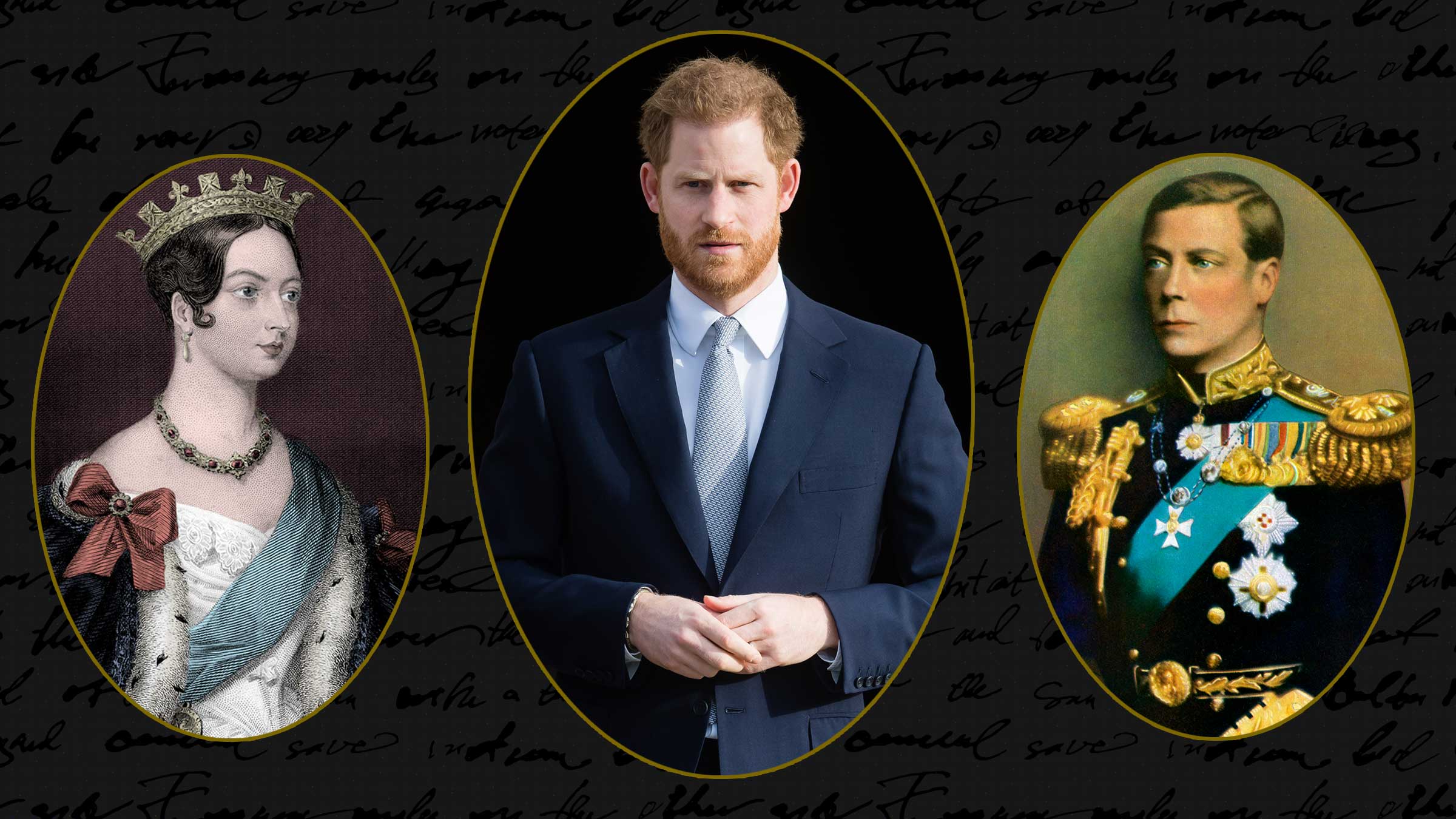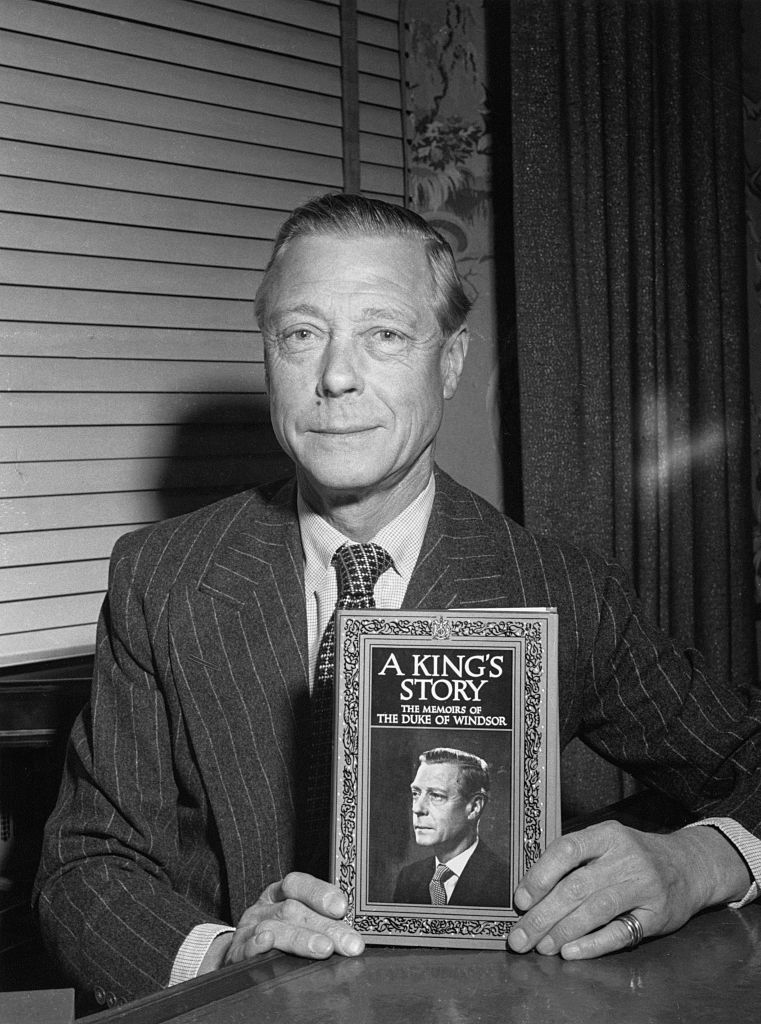Prince Harry’s much anticipated memoir Spare doesn’t technically hit shelves until Jan. 10, but some of its more explosive parts have already leaked.
According to the Guardian, which obtained a copy ahead of the official release, Harry details a violent 2019 confrontation at his London home in which Harry claims William “grabbed me by the collar, ripping my necklace, and … knocked me to the floor,” resulting in scrapes and bruises on his back. The duo had been fighting over Harry’s wife Meghan Markle, and Harry claims William called her “rude” and “abrasive.” The Sun, which obtained a copy of Spare in Spanish, also reports that Harry begged Charles not to marry Camilla, while Page Six says that Harry claims Prince William and Kate Middleton encouraged him to wear the infamous Nazi outfit to a costume party in 2005, rather than a pilot getup.
The memoir comes out exactly two years after the Duke of Sussex and his wife, the Duchess of Sussex Meghan Markle, announced that they were planning to give up their royal duties. Now based outside Los Angeles, the couple has been making a name for themselves as media moguls, from their explosive 2021 interview with Oprah Winfrey dishing about racism in the royal family to releasing a docu-series on Netflix.
“I’m writing this not as the prince I was born but as the man I have become,” the Duke of Sussex said in a 2021 press release announcing his autobiography. “I’ve worn many hats over the years, both literally and figuratively, and my hope is that in telling my story—the highs and lows, the mistakes, the lessons learned—I can help show that no matter where we come from, we have more in common than we think.”
Harry will be the first in his immediate family to put out a tell-all. But, that doesn’t mean they haven’t made sure their side of events were reflected in print. Harry’s father, the current sovereign King Charles III, and his mother Princess Diana provided letters and materials to royal biographers, and Queen Elizabeth II cooperated with documentary filmmakers.

Read more: How Princess Diana is still shaping the royal family 25 years later
Accounts like Spare are not typical—if not unprecedented.
“It’s quite rare for a royal to do that, particularly one who’s as close to the institution,” says Laura Clancy, author of Running the Family Firm: How the Monarchy Manages Its Image and Our Money. “Harry’s will be the most influential royal memoir in decades. There’s not many to compare it to.”
Here are some other examples of other eyebrow-raising royal memoirs and autobiographies.
Queen Victoria
Until the mid-19th century, royals’ reflections were usually just shared with family, and often consisted of advice for their heirs.
Queen Victoria’s diaries are one early example of royal reflections that were published for a broader audience. In the 1860s, her family and friends received copies of Leaves from the Journal of our Life in the Highlands, a compilation of her diary entries from the time she spent in the Scottish Highlands.
“Some of her ministers were against the publication,” says Carolyn Harris, a historian and expert on the British monarchy at the University of Toronto, School of Continuing Studies. “They thought it would look like the head of state was on holiday a lot of the time rather than attending to her royal duties.”
A second volume in which the widowed sovereign went in-depth about her friendship with her beloved servant John Brown raised eyebrows, fueling rumors about whether they were romantically involved.
Read more: How Queen Victoria influenced wedding culture
The Duke of Windsor/King Edward VIII

Prince Harry’s memoir also comes out 75 years after the one released by the Duke of Windsor, the former King Edward VIII who abdicated in 1936 so he could marry American divorcée Wallis Simpson. Titled, A King’s Story (1947), he addressed what he felt was a misconception that he didn’t want to be king, arguing, “I wanted to be a successful king, but a king in a modern way.” A decade later, Simpson, known as the Duchess of Windsor, came out with her own memoir, The Heart Has Its Reasons (1956), in which she stated that she offered to end the relationship with the Duke of Windsor so he could stay on the throne, but “he insisted that he needed me, and as a woman in love I was prepared to go through rivers of woe, seas of despair and oceans of agony for him.”
Questions about the couple’s motives surfaced following the publication of their memoirs. “There was a sense of the Duke and Duchess of Windsor trying to augment their incomes while in exile,” as Harris puts it.
Read more: Wallis Simpson: 100 Women of the Year
The Duke of Kent
The most recent royal memoir is Prince Edward, the Duke of Kent’s A Royal Life, published in May 2022 from a series of Zoom conversations with biographer Hugo Vickers during the COVID-19 pandemic.The Duke of Kent is Queen Elizabeth II’s cousin, the son of King George VI’s youngest brother.
“Now the Duke of Kent has become the first member of the Royal Family to have spoken extensively of the modern reign and his part in it,” as Vickers explained the significance of the project in an op-ed. “Like so many of us during the Covid-19 lockdown, the Duke was stuck at home and could do little for his charities and regiments so the idea formed that he might write something.”
The parts about Queen Elizabeth II’s warmth towards him when he lost his father as a child resonate as the memoir came out the same year that the monarch passed away. “I always felt I wanted to support her,” the Duke wrote. “That’s by far the most important thing in life.” Throughout the memoir, his dedication to royal service is clear.
It’s because of this dedication to royal service for most royals that Clancy says she does not expect memoirs to become the norm for the British royal family anytime soon. She argues they’re somewhat antithetical to the institution of the monarchy. The royals, she says, “rely on this balance between visibility and invisibility. We have to have big royal events, but they also need to be invisible—and to not allow people to ask too many questions and know too much about it. A memoir, or a confessional television interview, or a documentary gives too much access and too much visibility. There’s the potential that might risk shedding too much light on the institution.”
More Must-Reads from TIME
- Cybersecurity Experts Are Sounding the Alarm on DOGE
- Meet the 2025 Women of the Year
- The Harsh Truth About Disability Inclusion
- Why Do More Young Adults Have Cancer?
- Colman Domingo Leads With Radical Love
- How to Get Better at Doing Things Alone
- Michelle Zauner Stares Down the Darkness
Write to Olivia B. Waxman at olivia.waxman@time.com